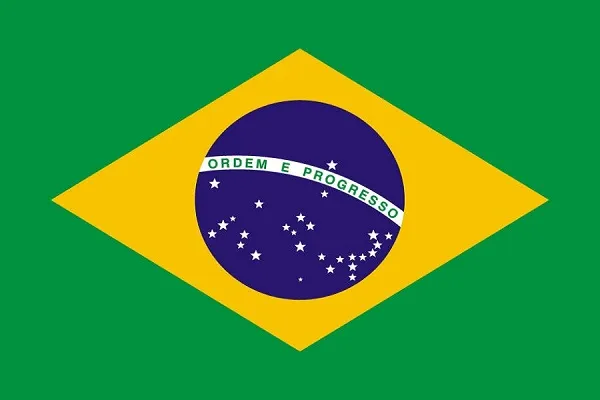Approximately 100 people attended the seminar that addressed issues related to carbon credits, regenerative finance, blockchain, ESG, and sustainability.
On Monday (13th), the “Climate Action in Focus” Seminar Took Place at AYA Earth Partners in São Paulo, Gathering Around 100 Participants to Discuss the Green Economy
The seminar, organized by B4 – Brazil’s first carbon credit exchange – and DEEP, and executed by AWA Growth Partners, brought together approximately 100 participants who attended four panels featuring experts discussing topics related to the so-called “Green Economy.”
Among the topics discussed, experts debated the regulation of the carbon market, addressing both regulated and voluntary markets and providing legal and technical perspectives on Bill PL 412, which regulates this market. A highlight of this panel was the statement by Arthur Covatti, CEO and Co-founder of DEEP, who emphasized the importance of forests in the carbon market context. “About 40 gigatonnes of CO2 are emitted annually, and out of this amount, around 5 to 6 gigatonnes are related to the destruction of tropical forests,” Covatti said, provoking reflection on deforestation.
Another panel focused on Regenerative Finance (ReFi), which refers to a concept that helps address market and environmental issues through Blockchain technology. The goal of this model is to enable companies and individuals to manage their sustainable initiatives more accessibly and transparently.
In this panel, Luiz Fernando Quaglio, Sustainability Specialist ESG at Banco BV, highlighted banks’ commitment to this model: “The idea is that by 2030, banks will ensure where investment fund resources are going, and Blockchain technology is one of the key contributors to this transparency.” Alongside Quaglio and other guests, Michelle Borges, ESG and Sustainability Consultant at Bureau Veritas Group, reflected on the importance of companies looking beyond carbon credits. “Companies need to adopt a macro view to communicate their ESG actions, focusing on the entire ecosystem. This means communicating social actions as well, and within the sustainability pillar, addressing all related issues comprehensively,” Borges said.
Continuing with the panels, the issue of carbon credit traceability was also discussed, focusing on Blockchain technology, which underpins complete and unalterable records of carbon credit transactions. As mentioned at the event by B4 CEO Odair Rodrigues, “Blockchain prevents fraud and duplication in carbon credit transactions, contributing to the integrity of this market, which is expected to advance further in 2024.”
In the traceability panel, Fabrício Tota, Director of New Business at Mercado Bitcoin, highlighted Blockchain security: “Traceability and immutability of data records in Blockchain technology are essential for data security. This security is the solution the industry needs, even when it comes to buying and selling carbon credits,” he said.
To conclude the event, representatives from some member companies of AYA Earth Partners were invited to share their climate action initiatives and present real indicators and information about the impact of their businesses on the ecosystem of “regenerative businesses.”
The seminar also generated high expectations for 2024, which is anticipated to be even more promising for the carbon market. “The topic of climate change and the carbon market has been gaining prominence for some time, and it is now becoming even more significant as we experience the effects of climate change and the regulation of the carbon market. Next year, the themes of sustainability, ESG in companies, and of course, carbon credits, will be even more in the spotlight,” said Odair Rodrigues, CEO of B4.
About B4
One of B4’s main objectives is to act as a facilitator in the carbon credit market. B4, Brazil’s first carbon credit exchange, was launched in August this year in São Paulo, at an event that gathered over 100 people, including representatives from NGO funds, businesses, and investors.
Using Blockchain technology, B4 provides a solution that transforms assets, making carbon credit records immutable, preventing credit duplication, and ensuring a transparent and secure environment.
“B4 was created with the purpose of facilitating this highly valuable and rapidly growing carbon credit market, not only in Brazil but worldwide. We expect the company to handle up to R$ 12 billion in carbon credits in the first year. Therefore, national regulation of this market is crucial for us and for all companies and organizations genuinely concerned with global sustainability,” says Odair Rodrigues.








